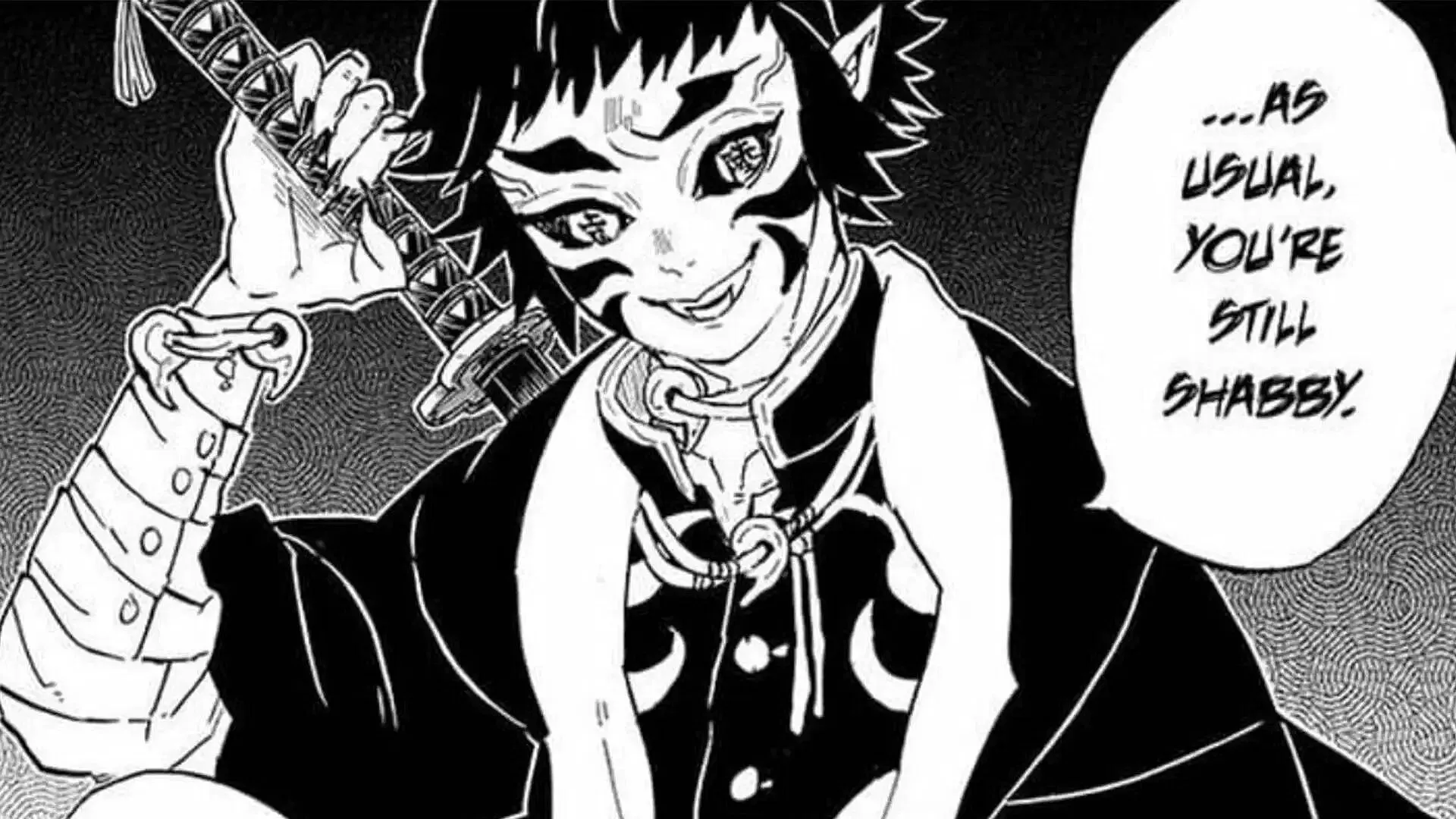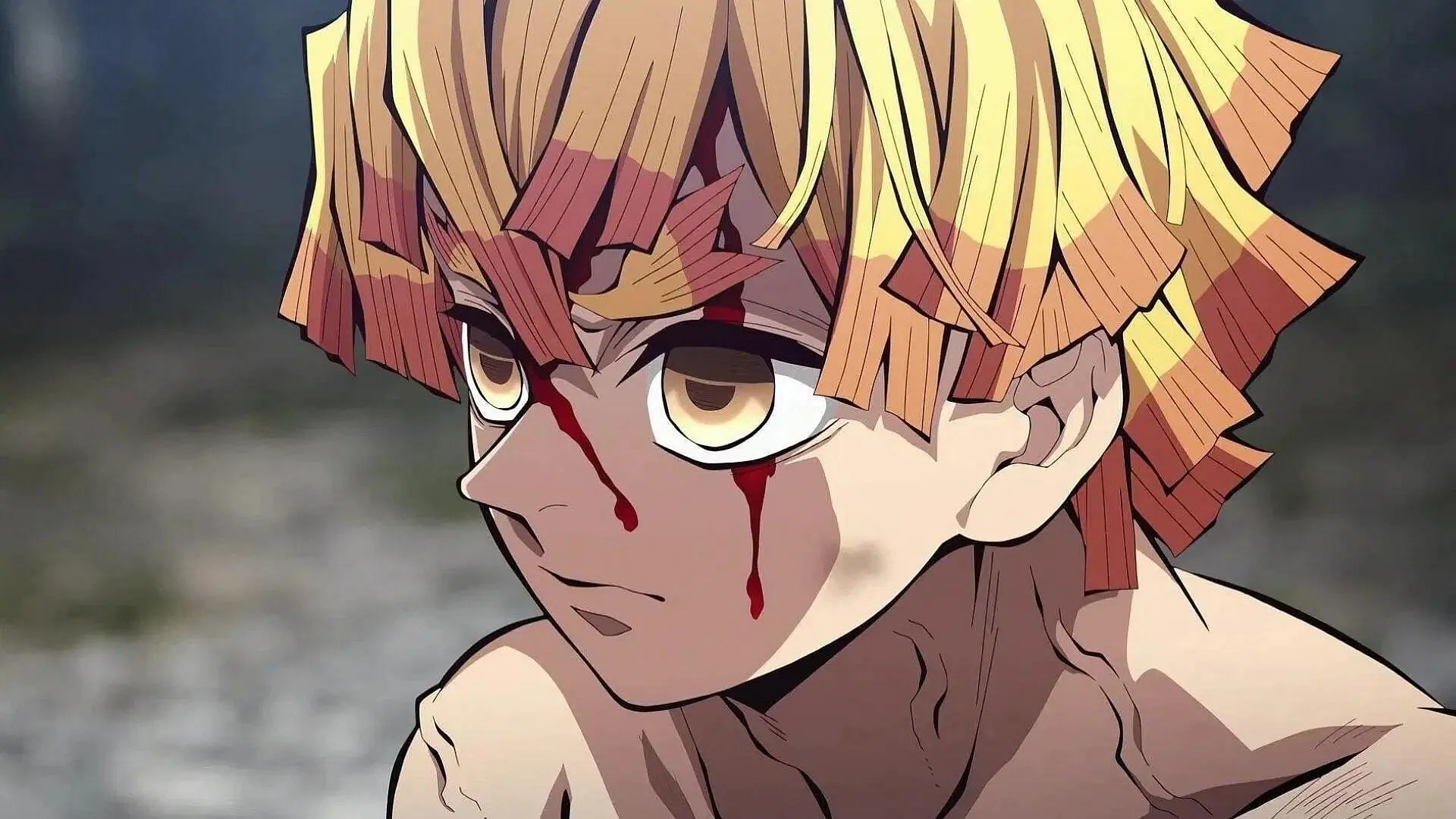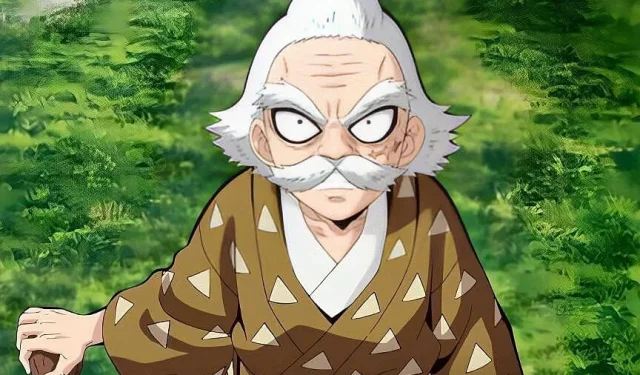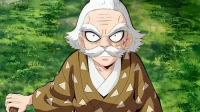Demon Slayer presents a gripping narrative filled with exhilarating moments that sometimes leave certain events underexplained or inadequately explored. A particularly poignant plot point hinges on the tragic decision of Jigoro Kuwajima to take his own life. While many fans speculate that this act was a direct response to the Demon Corps’ demands following the downfall of his student, Kaigaku, the true motivation is deeply personal and complex.
Ultimately, Jigoro’s suicide is rooted in profound shame over his perceived failure to protect Kaigaku from becoming a demon. This overwhelming sense of inadequacy not only impacts him but also propels his other student, Zenitsu Agatsuma, toward a vengeful confrontation with Kaigaku. This conflict plays a significant role in the dramatic arcs of the series, particularly during the intense Infinity Castle segment.
Disclaimer: This article contains spoilers for the series.
Understanding the Misinterpretations of Jigoro’s Tragic Decision

Fans of Demon Slayer are likely aware that Jigoro Kuwajima held the position of the former Thunder Hashira and served as the mentor to Zenitsu. Throughout the Hashira Training arc, Zenitsu is devastated by a letter detailing Jigoro’s suicide. The letter shocks him even further by revealing that Kaigaku, his former friend, succumbed to the lure of becoming a demon to survive.
Many viewers mistakenly believe that Jigoro’s choice to end his life was a consequence imposed by the Corps due to Kaigaku’s transformation. Instances from the series, such as the possible repercussions that Giyuu Tomioka and Tanjiro Kamado might have faced if Nezuko had consumed a human, lend credence to this assumption. Thus, it is not surprising that this prevailing belief exists among the fanbase.
However, the truth lies in Jigoro’s inner turmoil. The emotional weight of witnessing Kaigaku willingly become what the Demon Slayer Corps vowed to eradicate suffocated him with guilt. His inability to reconcile with this harrowing reality ultimately culminated in his devastating decision.
Exploring Jigoro’s Enduring Influence

While Zenitsu’s character development may seem limited at times, his journey is intricately woven with Jigoro’s legacy. As his master, Jigoro imparted the fighting techniques and Breathing Style that enabled Zenitsu to evolve into a formidable fighter. This mentorship reaches its climax when Zenitsu confronts Kaigaku during the Infinity Castle arc, marking his first significant triumph while fully aware of his capabilities.
This battle gives Zenitsu a deeply personal motivation that adds heft to the final arc of the series, enriching the stakes involved. The emotional undercurrents stemming from Jigoro’s fate afford Zenitsu a chance for profound growth and reflection, elevating the narrative’s depth. Given the anime’s reputation for breathtaking storytelling, it is highly likely that Ufotable will further explore these themes in upcoming episodes.


